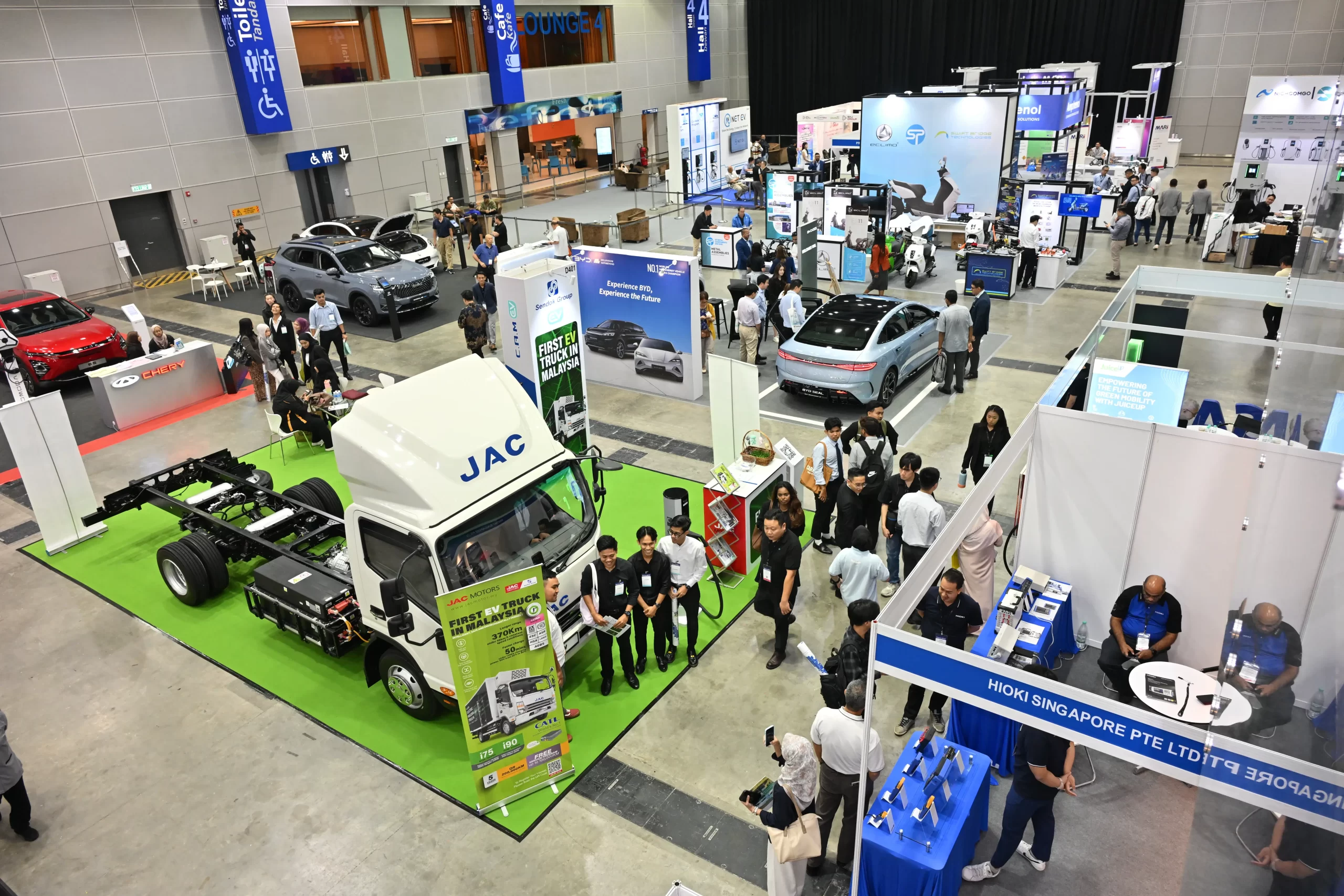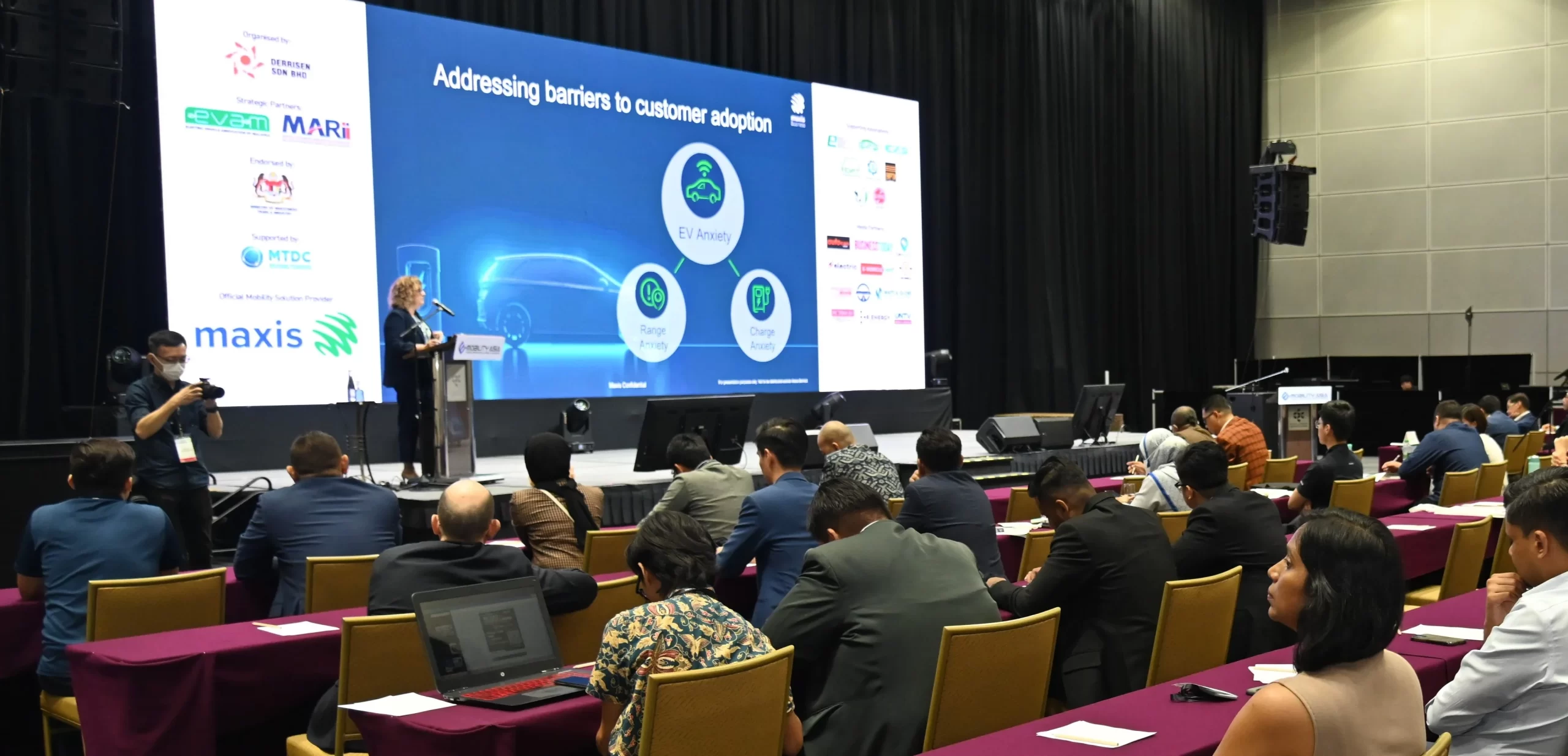About Us

E-Mobility Asia (EMA)
Discover the future of sustainable transportation at the 3rd edition of E-Mobility Asia (EMA) from 12 – 14 November 2025 at the Kuala Lumpur Convention Centre, malaysia. EMA is dedicated to advancing sustainable electromobility solutions, aligning with Malaysia’s vision to boost competitiveness, attract investments in the EV sector, and lead the economy towards a net-zero carbon future.
EMA offers exhibitors and visitors a prime opportunity to delve into the world of EVs, gaining insights into the industry’s dynamics and the myriad opportunities it presents. This event not only provides a comprehensive overview of EV technologies but also contributes collectively to the progress of the electromobility sector, addressing the urgent concerns of climate change. Join us at EMA 2024 and be part of shaping the future of sustainable transportation.
In 2025, EMA will be part of the new initiative, Global Automotive & Technology Expo (GATE), organised by Malaysia Automotive Robotics and IoT Institute (MARii) and co-organised by Derrisen.
Fact Sheet
Date:
12 – 14 November 2025
Opening Time:
- 12 – 13 November 2025
10:00 AM – 6:00 PM
- 14 November 2025
10:00 AM – 5:00 PM
Venue:
Kuala Lumpur Convention Centre

Learn More
Learn More
E-Mobility Industry in Malaysia
As electromobility options see rapid adoption around the world, the number of electric vehicles on the road in Malaysia too have been increasing each year, with approximately 4,000 EVs so far in the country. The number continues to grow, which points to greener transportation becoming a more attractive alternative for people to get around.
In Malaysia, numerous foreign car manufacturers like Toyota, Honda, Nissan, Volvo, Porsche, BMW, Hyundai, and Mercedes-Benz have all entered the EV market with models of their own. Following the trend, national car manufacturers Proton and Perodua have also begun concentrating efforts in developing their own electric models.
To bolster the EV sector and its development, Malaysia’s government has undertaken its own initiatives by offering tax incentives for the assembly or manufacturing of EVs, manufacture of component parts, and development of EV ecosystems such as charging infrastructure. To further boost EV adoption, incentives also include import duty and excise tax exemptions for imported EVs. Adding to this, the government plans to begin using EVs for its vehicle fleet beginning from 2023 as well as establish 10,000 charging stations in the country by 2025 as per the Low Carbon Mobility Blueprint 2021-2030.


